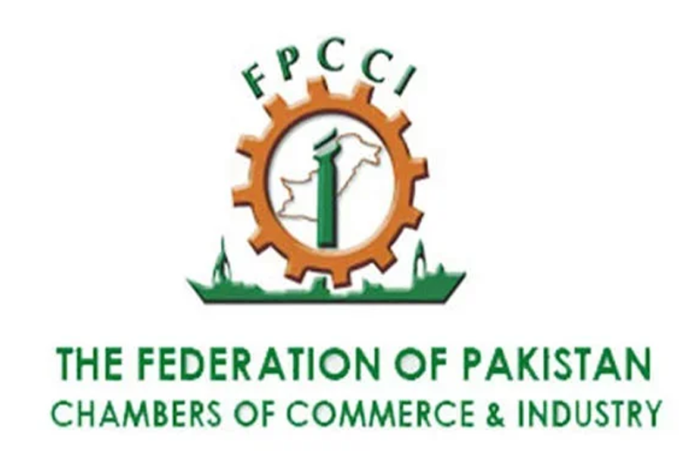BENEFITS OF SOLE PROPRIETORSHIP (PART II)

- 209
- 0
Sole proprietorships are inexpensive to form and give you more freedom and control. Starting a small business can be an intimidating process: You need to come up with a business strategy, solicit customers and manage short- and long-term finances. Plus, sorting through the paperwork, forms and registration steps to legally set up your business can be even more frustrating. If you’re still trying to determine which business entity type is best for you.
A sole proprietorship is a business structure linking the owner of a business to their company. It is the simplest type of business structure and not a legal entity. Sole proprietorships don’t require federal registration to operate, and the owner of a sole proprietorship is personally liable for the business’s debts.
Companies structured as sole proprietorships can include individual freelancers, creatives, growing startups, and established businesses with physical storefronts or workspaces. There is no limit to the number of people a sole proprietor can hire, though the owner is personally liable for the wages, taxes, and health and safety of employees.
ADVANTAGES OF SOLE PROPRIETORSHIP:
You might be interested in the advantages of sole proprietorship.
* The easiest and inexpensive way to start a business:
Though the process varies depending on the jurisdiction, establishing a sole proprietorship is generally an easy and inexpensive process, unlike forming a partnership or a corporation.
Compared to other business forms, there is very little paperwork a proprietor needs to file with their local authorities. As a result, proprietors do not have to wait long before they have permission to carry on a business.
The start-up fees are also low, in line with many government policies that encourage entrepreneurs to take risks and grow the economy by minimizing the friction of starting new businesses.
* Full administration control:
Proprietors control all aspects of their business, including production, sales, finance, personnel, etc. This degree of freedom is attractive to many entrepreneurs, as the venture’s success also means personal success.
To be successful, proprietors must be “good enough” at the various aspects of their business they have control over.
While some proprietors have employees and delegate some of their authority, they are ultimately accountable for all the decisions and acts of their business.
* Less form-filling:
The advantages of sole proprietorship are vast and varied, especially if your company’s small. One of the first and most basic advantages, however, is that you won’t have to fill out a ton of paperwork with this business entity type.
To explain, other business structures, such as limited liability corporations, require you to register with your state government before you can do business. With sole proprietorships, on the other hand, you generally do not need to register with the state; instead, you become a business entity merely by virtue of doing business.
It’s important to note, however, that you may have to obtain a business license or permit, depending on the requirements of your state or local government. Nevertheless, one of the initial benefits of sole proprietorship is that this structure allows you to scale up your business much more quickly, and with less government paperwork in the balance.
* Flow-through of business profit:
There is no legal separation between the owner and the business, so the owner gets 100% of the profits. Although all profits go to the owner, taxes are paid once, and proprietors pay taxes individually.
Proprietors must pay individual taxes on the income periodically, for example, as part of the annual individual tax filing. Tax payments may be more frequent, for example, quarterly, depending on local tax rules.
Making regular payments can help a proprietor keep their tax burden from becoming overwhelming and incurring tax penalties. Tax advisors can help proprietors estimate taxes so they can set aside enough of the profits to make mandatory government payments.
* Few government rules and laws:
There are very few government rules and regulations that are specific to proprietors. Sole proprietors must keep proper records, file, and pay taxes on the business income and other personal income sources.
Record keeping and tax filing obligations are generally no more complicated than maintaining records for individual tax filings. Due to the time and the effort, proprietors may wish to pay for specialized software and advisors to streamline the time spent on administration. Government rules for larger enterprises and public companies, such as financial disclosure, require far more administration and do not apply to sole proprietorships.
To conclude we can say that Sole Proprietorship in simple words is a one-man business organisation. Furthermore, a sole proprietor is a natural person(not a legal person/entity) who fully owns and manages this type of entity. In fact, the business and the man are the same, it does not have a separate legal entity.
In addition, a sole proprietorship usually does not have to be incorporated or registered. Thus, it is the simplest form of business structure and the ideal choice to run a small business or medium scale business.
Published in The Daily National Courier, February, 10 2023
Like Business on Facebook, follow @DailyNCourier on Twitter to stay informed and join in the conversation.

















































